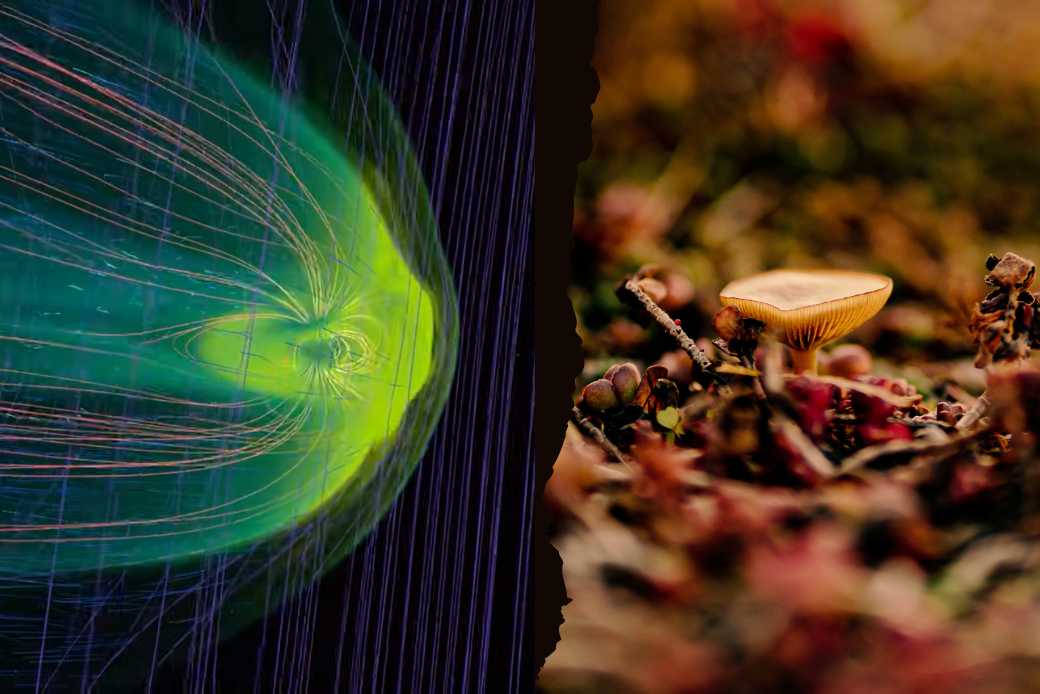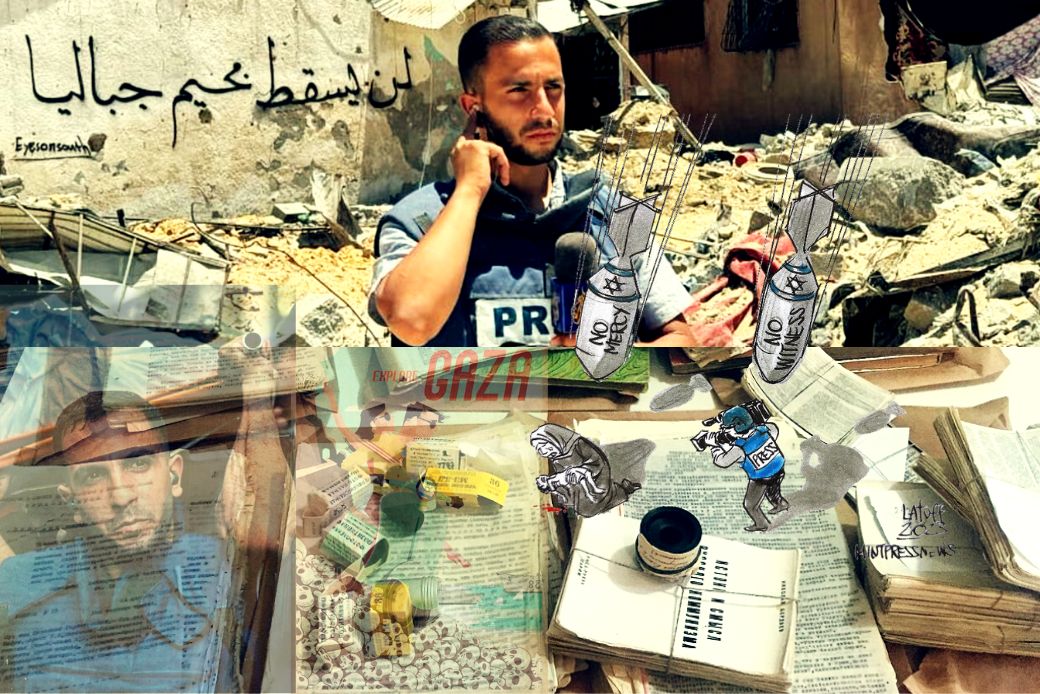In the forests of Mpumalanga, the fungi do not ask for permission to decompose the dead. They do not wait for donor funds to regenerate. They break down what no longer serves, feeding the soil so that something new might grow.
Meanwhile, across oceans and time zones, a different kind of decomposition is overdue, the carefully cultivated narratives that dominate the global climate agenda. At the intersection of urgency and hypocrisy, we must ask — who gets to define what counts as environmental justice? Who benefits from the frameworks meant to save the planet?
The Story of the Climate Agenda
The language of climate change has grown louder, more urgent — and more rigid. It travels in the mouths of diplomats, billionaires, technocrats and NGOs with tax-exempt status. It circulates through conferences, carbon markets, green investment portfolios and development funds. But underneath the polished metrics lies an uncomfortable truth: much of this narrative was not written by those most affected by environmental crisis, economic precarity, or climate injustice.
Carbon credits have become the new moral currency of the elite. Wealthy nations and corporations pump millions into African environmental initiatives not to empower or repair, but to cleanse their own pollution records. It’s an economy of absolution — one where donations become indulgences, and private jets are sanctified by tree-planting projects managed by foreign NGOs.
This is not justice. It is climate colonialism — a new kind of missionary zeal where emissions are outsourced, forests are commodified, and the poor are framed as both threat and saviour.
What’s Being Ignored – Spore the Truth
The climate is changing, yes. But so is the language of power.
War is ecological violence. The toxic debris of missile strikes, the scorched soil of drone warfare, the dismembered landscapes of occupation — none of this is included in the carbon offset calculus. Bombs do not come with a footprint label.
In South Africa, where 32.1% (Nov 2024) of people are unemployed and the trauma of apartheid and colonialism still lingers in land, law and livelihood, the conversation about sustainability cannot begin with emissions. It must begin with survival.
In countries like Kenya and Mozambique, vast tracts of land have been designated for carbon offset forestry projects funded by European carbon markets. But these projects often displace local communities, restrict ancestral grazing routes, or prohibit small-scale farmers from using their own land — all in the name of “sustainability.”
Land here is not just carbon sink. It is ancestral memory, spiritual identity, and economic potential. Any so-called “adaptation strategy” that ignores this context becomes a new form of control.
The logic of the climate agenda too often treats African land as passive terrain, not as contested, cultural, living space.

Mycelium Thinking — Decentralised Solutions for Systems Change
Let us look beneath the surface, to the wisdom of mycelium.
Mycelial networks do not rely on a central authority. They communicate, adapt, and regenerate from below. They thrive in diversity. They recycle decay into life.
We need social and environmental solutions that behave like mycelium.
- Local ecosystems over global corporate bureaucracies
- Mutual aid over NGO dependency
- Indigenous knowledge over technocratic interventions
- Composting dead narratives instead of importing new dogmas
Grassroots Economics and the Sarafu Network embody this vision: decentralised, regenerative economic systems rooted in local trust, reciprocity and resilience. These community currencies don’t wait for permission from global institutions. They build value from the ground up — creating economic coherence where extractive systems have left fragmentation. They remind us that sustainability without sovereignty is just another form of dependency.
True systems change will not come from the top. It will come from beneath — like mycelium, working quietly in the dark, weaving new worlds from the waste of the old.
Compost the Lie
What we are feeling is not grief — it is fury.
Fury at the strategic repackaging of deeply structural issues — poverty, governance failures, resource mismanagement — under the climate banner, often to serve external agendas. The climate crisis has been weaponised in ways that obscure root causes and silence inconvenient truths.
It’s not “climate change” that poisoned our rivers, stripped our forests, or left millions unemployed. In Southern Africa, what’s collapsing is not just ecosystems, but systems of justice, of governance, of accountability. To blame carbon alone is not only misleading — it’s dangerous.
So let us call it what it is. Let us expose the sleight of hand. Let us compost the lie that what we face is a weather problem, when what we face is a power problem.
We do not need permission to decompose the old. We need clarity. Courage. Community. And the creativity to cultivate something far more radical — and far more real — than the imported fantasies of climate salvation.
From the underground, let new worlds grow.





